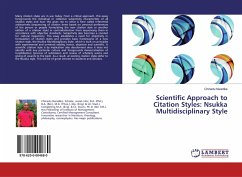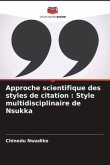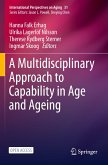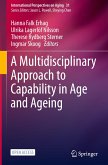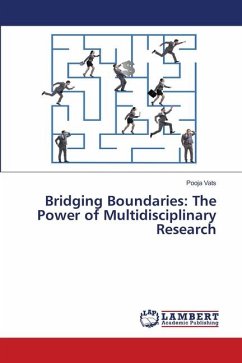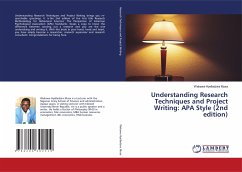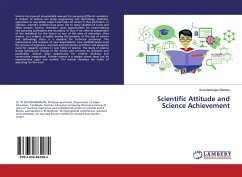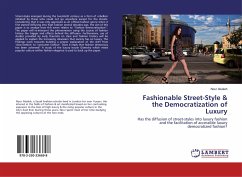Many citation styles are in use today. From a critical approach, this essay foregrounds the individual or collective subjectivity characteristic of all citation styles and how this gives rise to what is here called referential arbitrariness (sequencing of citation items based on personal preferences of the person or people formulating the new citation style or another edition of a citation style) in contradistinction from sequencing them in accordance with objective standards. Subjectivity also becomes a conduit for cultural hegemony. This essay establishes a need for objectivity in formulation of citation styles and provides basic frameworks of a new citation style, the Nsukka Multidisciplinary Style, which is built on principles with experimental and universal validity, hence, objective and scientific. A scientific citation style is by implication also decolonised since it does not identify with any particular culture and foregrounds democratisation of trophilisation (process of submission and review of scholarly works and giving of awards to the best). As a result, all existing citation styles defer to the Nsukka style. This will be of great interest to students and scholars.
Bitte wählen Sie Ihr Anliegen aus.
Rechnungen
Retourenschein anfordern
Bestellstatus
Storno

